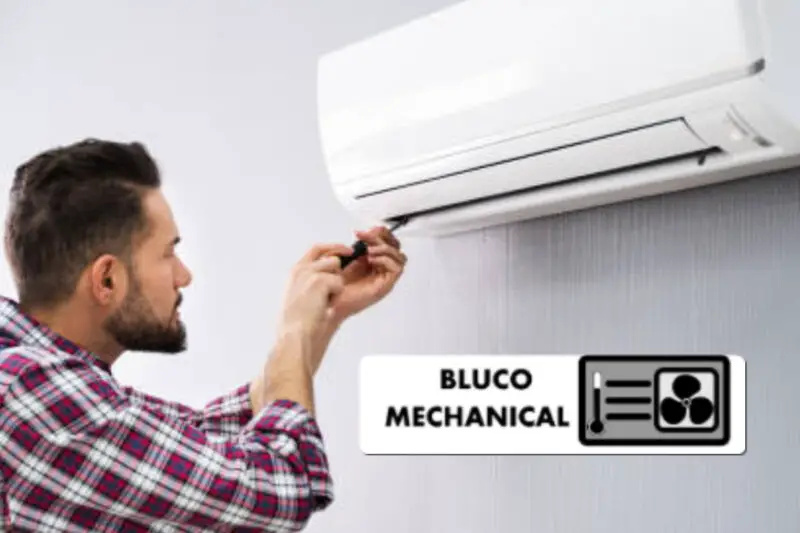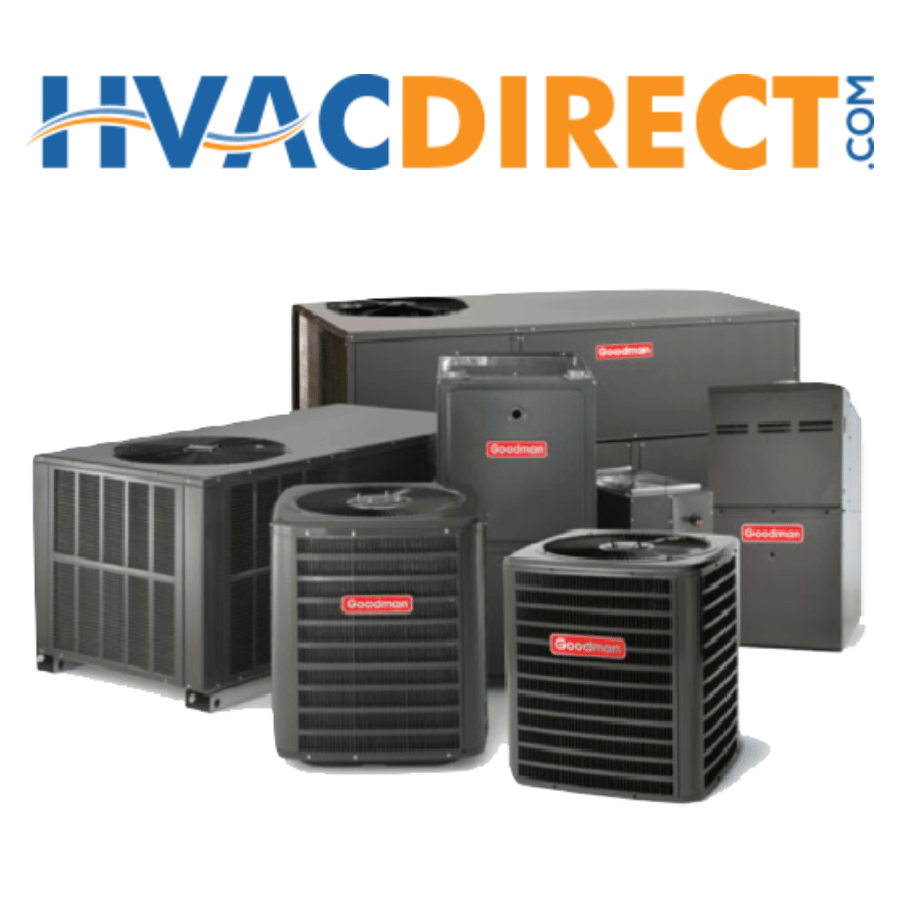HVAC systems can be tricky and can cause severe problems in the future if not tended to immediately. Our Bluco experts are here to aid and assist you with any heating and cooling problems you may have from water leaking to not getting cold. If you’re interested in learning about why your HVAC Is Leaking Water Contact (929) 447-2077 now for our Bluco furnace repair services or visit our website! As the temperature rises, an increasing number of heating and air technician calls include repairing HVAC devices that are leaking water.

Water accumulation inside your home is never a good indication and requires prompt attention to prevent damage to your AC unit and home. Immediately turn off your air conditioner at the thermostat if you discover a leak. Several factors, ranging from clogged air filters to low refrigerant, might cause your air conditioning to overflow with water. Here are the five most common causes of HVAC water leaks and how to fix them.
Clogged Air Filter
Replace your air filter regularly to ensure clean indoor air quality and prevent your HVAC system from overworking. Unclean, clogged air filters can block airflow across your unit’s evaporator coils, freezing them. The melting ice from frozen evaporator coils can cause your HVAC drain pan to overflow with excess water. Depending on the type of air filter purchased, they must be replaced every one to three months.
HVAC Drain Pan Leak
Your HVAC system has a drain pan that gathers and channels water to the drain. Moisture causes the drain pan to degrade and needs replacement. Rust generally builds in the weakest area of a leaking drain pan, making it simple to detect. Using a wet vacuum to remove standing water helps you spot cracks and holes in the drain pan. For small drain pan cracks or leaks, a water sealant may suffice, or you may need to replace it. To prevent future difficulties, drain pans must be welded into place.
Blockage in Drain Line
A clogged condensate drain is one of the most prevalent causes of HVAC units spilling water. Consequently, the next area to explore is the drain line. Your air conditioner’s condensation drain line must be cleansed before usage. The obstruction may require a plumbing snake. As water travels through your condensation line over time, mold and mildew might begin to grow. Pour 1-2 cups of bleach or vinegar into your condensate line every few months as part of routine maintenance to keep it clean.
Broken Condensate Pump
If your drain line and drain pan show no damage or leakage, the condensate pump is the next component of your HVAC system to inspect. The condensate pump is responsible for expelling water from your residence. If your condensate pump is faulty or dysfunctional, water will accumulate and eventually spill from the HVAC system. An HVAC expert can evaluate and replace a condensate pump that is not functioning.
Low Refrigerant
Your HVAC system contains refrigerant to keep the pressure from falling and freezing the evaporator coil. Inefficient cooling and hissing or bubbling sounds from refrigerant lines are also symptoms of insufficient refrigerant. A New York HVAC technician may inject more refrigerant if your home’s coolant levels are low. Furthermore, if your refrigerant lines leak, you must fix them as soon as possible to avoid a complete system shutdown.
Repairing Water Leaks in HVAC
Bluco Mechanical can identify and fix a leaky HVAC unit. A drainage system malfunction can cause water damage, mold growth, poor air quality, and AC failure.
We offer emergency HVAC services 24 hours a day, seven days a week in the greater NYC area. Our highly trained and qualified HVAC specialists have years of experience in the HVAC Blower Motor Replacement Process and can resolve your heating and conditioning issues. Contact our furnace repair NYC company today at (929) 447-2077 in New York City and the surrounding areas!



No Comments
Be the first to start a conversation